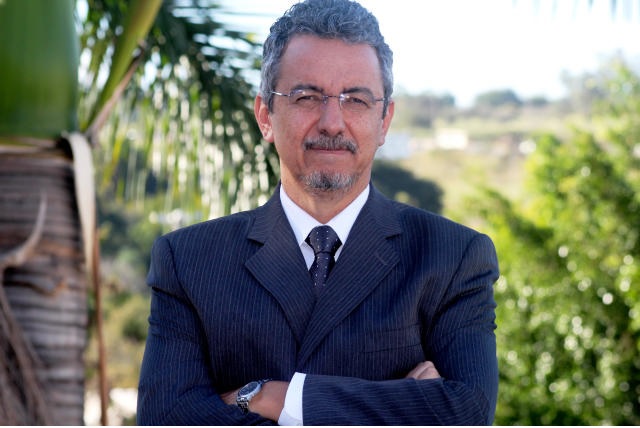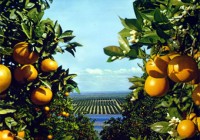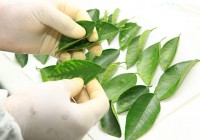5
jan
Sustainable intensification is a reality in Brazilian agribusiness categories: Environment, Labour, Productivity, Research, Sustainability, technology

The November issue of the Globo Rural magazine, one of the main Brazilian publication on agribusiness has an article written by the president of the Brazilian Agricultural Research Corporation, EMBRAPA, Mr. Mauricio Antônio Lopes. He is the head of the country’s leading agricultural research institution and one of the most respected in the world, and he wrote an analysis on the Brazilian agricultural model and the need to produce food in an environmentally sustainable way. See the full article below.
By Mauricio Lopes, EMBRAPA’s president:
Brazil is the only country in the tropical belt of the globe that was able to conquer the position of agricultural power. Management technologies have transformed poor soils into fertile land. The tropicalization of the crops, with different cycles, allowed to take advantage of lands in all climatic conditions. The sustainable management and practices we develop constitute an arsenal of environmental defense. With their entrepreneurial dynamism, the producers knew how to combine this knowledge and take advantage of market opportunities.
However, the tropical condition has its burdens. Such efficiency in food production is constantly put to the test by all sorts of stresses. With the same strength, which makes the plants sprout, the abundance of sun and humidity welcome and multiply diseases and pests. The new requirements of the Brazilian Forest Code and climate change impose limitations on the expansion of the production area and cost increase.
That’s why the term “sustainable intensification” gains more and more visibility. Producing more intensively and resiliently has become a must for Brazil and it demands technological sophistication that increases the efficient use of environmental resources – especially water, soil and biodiversity – and ensures adequate ecosystem services, such as waste recycling, water replenishment, air improvement, among others.
Brazil draws the attention of the world to the potential of intensifying its agriculture. A large extension of our agricultural areas can be used safely 365 days a year, producing in the same space, grains, animal protein, fiber, bioenergy and, in the near future, renewable biomass chemicals. EMBRAPA, supported by a network of public and private partners, invests in intensification based on low-carbon, “resource-saving” technologies and gains in land productivity, in line with the new Forest Code and the new consumption pattern defined by a society increasingly engaged in environmental causes.
The ABC Plan – “Low-Carbon Emissions Agriculture” is a bold public policy based on the results of Brazilian agricultural research and aligned with the global response to climate change. It aims to expand the recovery of degraded pastures, integrated crop-livestock-forestry (ICLF), no-tillage system (NTS), biological nitrogen fixation (BNF), planted forests and treatment of animal waste.
Extensive research conducted at national level pointed to an area of ICLF systems adoption in Brazil that reaches the expressive mark of 11.5 million hectares, representing an important part of the Brazilian response to mitigation and adaptation to the world’s climate change. This result is part of the tough strategy of tackling climate change by the Brazilian agriculture, which advances in the consolidation of the adaptive capacity of its agricultural systems, backed by the knowledge management and technological innovation, by the strong emphasis on technology transfer through public-private partnerships, and sustained in the vision and entrepreneurship of our farmers, who perceive and respond in time of fast changes in which we live on.
The article is also available in Portuguese at EMBRAPA’s website
https://www.embrapa.br/busca-de-noticias/-/noticia/18530376/artigo—intensificacao-sustentavel-e-realidade-no-agro-brasileiro
- |

